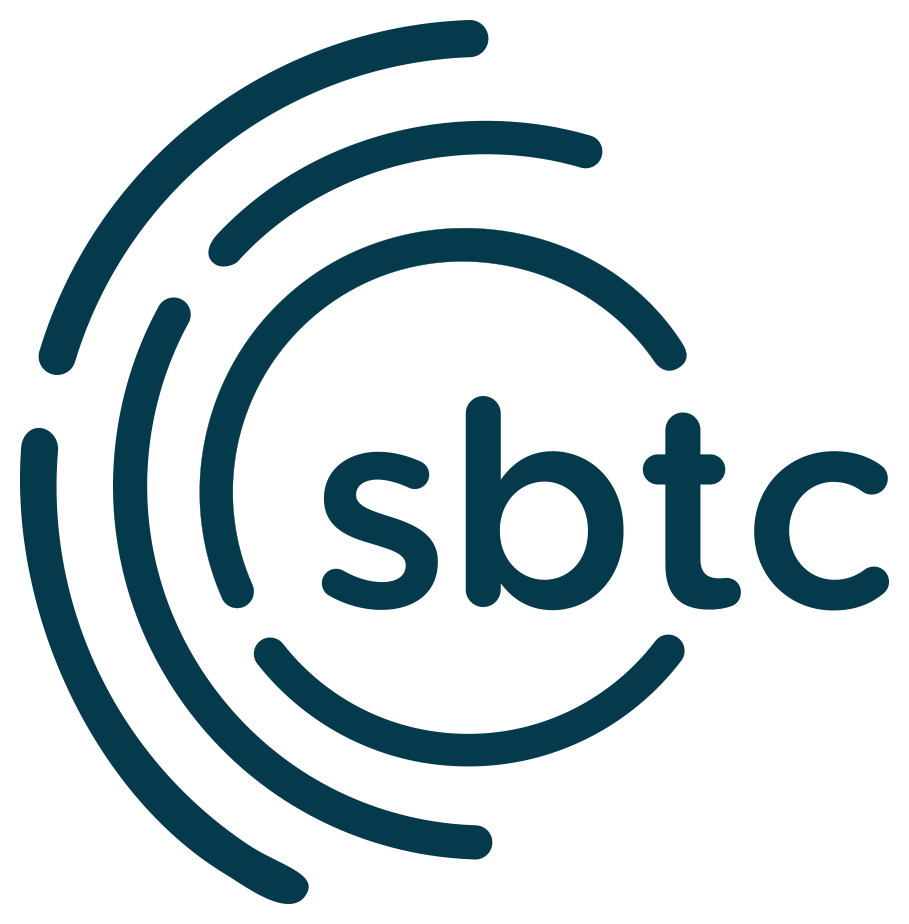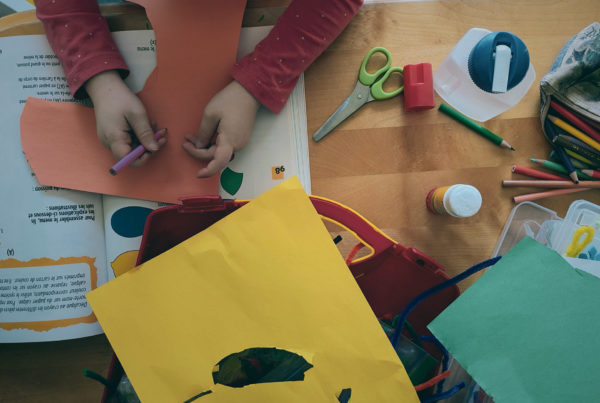The students who attend our church and receive help through our disability ministry have a wide range of challenges that affect their time at church, including dyslexia, autism, limited mobility, sight impairment, sensory processing disorder and more. Because each student is unique, we have developed individualized spiritual plans (ISPs) for each one.
Creating ISPs for the students in your ministry will help the entire team be on the same page with the goals that are set for the student and the supports needed to reach those goals. The ISPs include modifications to the lessons, activities, and environment.
Understanding how our students learn best helps us know how to communicate the gospel—the ultimate goal of disability ministry. If we don’t get to know the students and their abilities, we may be communicating in ways that just sound like noise. We can apply Paul’s advice to the church in Corinth as we think about how to best communicate the gospel and make adjustments for our students:
“In the same way, unless you use your tongue for intelligible speech, how will what is spoken be known? For you will be speaking into the air. There are doubtless many different kinds of languages in the world, none is without meaning. Therefore, if I do not know the meaning of the language, I will be a foreigner to the speaker, and the speaker will be a foreigner to me. So also you—since you are zealous for spiritual gifts, seek to excel in building up the church.” (1 Corinthians 14:9-12)
We don’t want to sound like foreigners when teaching the good news of the gospel. Knowing how our students learn best will help us communicate clearly and “build up the church.” Let’s look at how we set ISP goals, some examples of those goals and how to communicate the goals to those who are supporting the student.
How do we set ISP goals?
Our ISPs take into consideration the student’s likes, dislikes, strengths, goals and behaviors. We decide on the goals after we get to know the student and talk to the parents about what goals they have while their child is with us at church. The student is also invited to be part of the discussion about the goals he/she wants to set and meet (when the student is able).
Here are some examples from three students in our ministry who are at different levels of mobility and expressive language:
James will hear that Jesus loves him, repeat a Bible memory verse each week, pray with prompting, identify by name friends and helpers at church and learn the words and motions to the songs we sing.
Bree will hear that Jesus loves her, participate in music time, look at books and pictures that go along with the Bible story and identify people in the stories by pointing (with assistance) and put together puzzles that go along with the Bible story (with assistance).
Nathan will participate in discussion time with respect for the teacher and his peers, complete an activity sheet with assistance, share a prayer request when it’s his turn and tell his buddy/parents one thing he learned. (Nathan has made a profession of faith and been baptized, so we remind him the Holy Spirit is always helping him.)
How do we communicate these goals?
The ISP goals are listed on the bio sheets we create for each student. The bio sheets include the student’s name, parents’ names and a phone number, any allergies, likes and dislikes, their ISP, any additional info, and the student’s schedule (if applicable). If the student is in our sensory classroom, the bio sheets are available in a folder for the teachers and helpers to read and review. If the student is in our typical children’s ministry or youth ministry classes with a buddy, we create an info card that is kept with that student’s buddy bag. (Read more about buddy ministry and buddy bags here.) Here’s an example of the information to include:
James Peoples (with his picture so new volunteers get to know him quickly)
Parents: Lee & Sandra
Contact info:
Allergies/medical issues: None
Likes: tickles, puzzles, swinging, trains, music, snack time
Dislikes: waiting, loud noises, coloring/writing
Spiritual Goals: for James to hear that Jesus loves him, repeat a Bible memory verse each week, pray with prompting, identify by name friends and helpers at church and learn the words and motions to the songs we sing
Additional Info: goes to the bathroom independently
James’s Schedule: in the sensory classrooms both hours
Setting personalized goals helps everyone on the team understand what the expectations are for each student and how to support that student for success. It also helps us communicate the gospel in ways our students understand so we can make disciples and help them grow in their faith.







